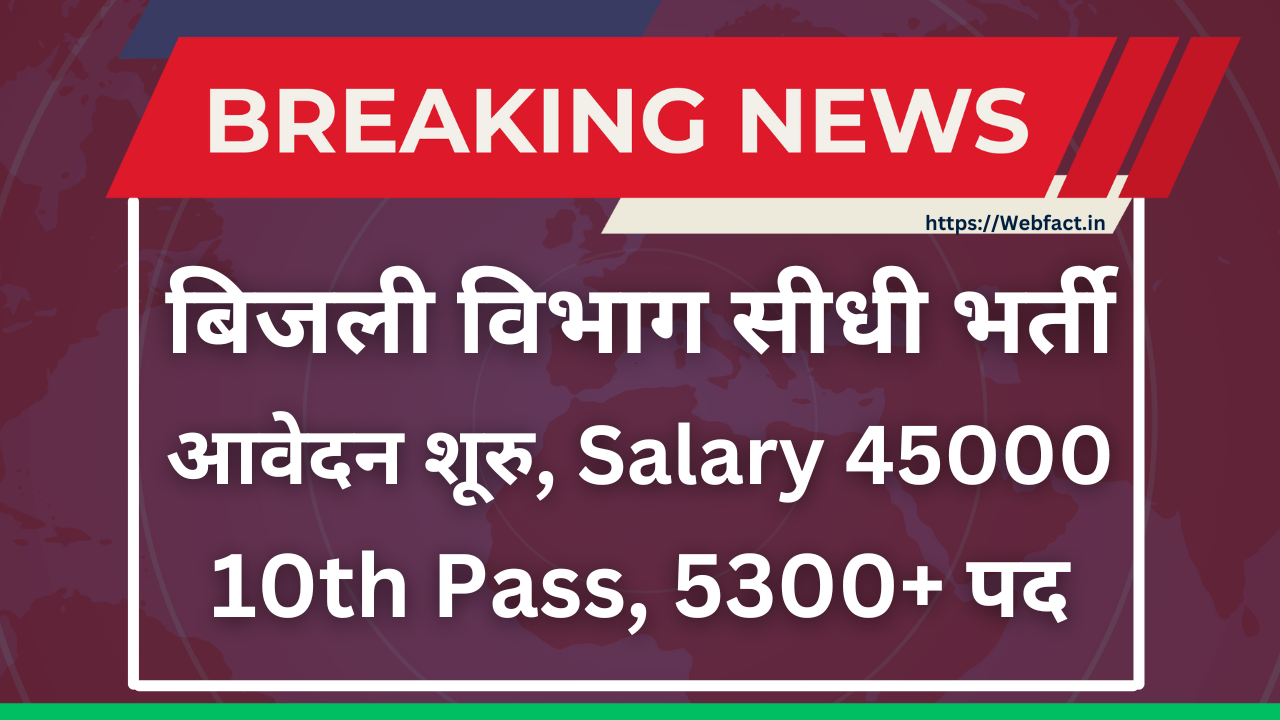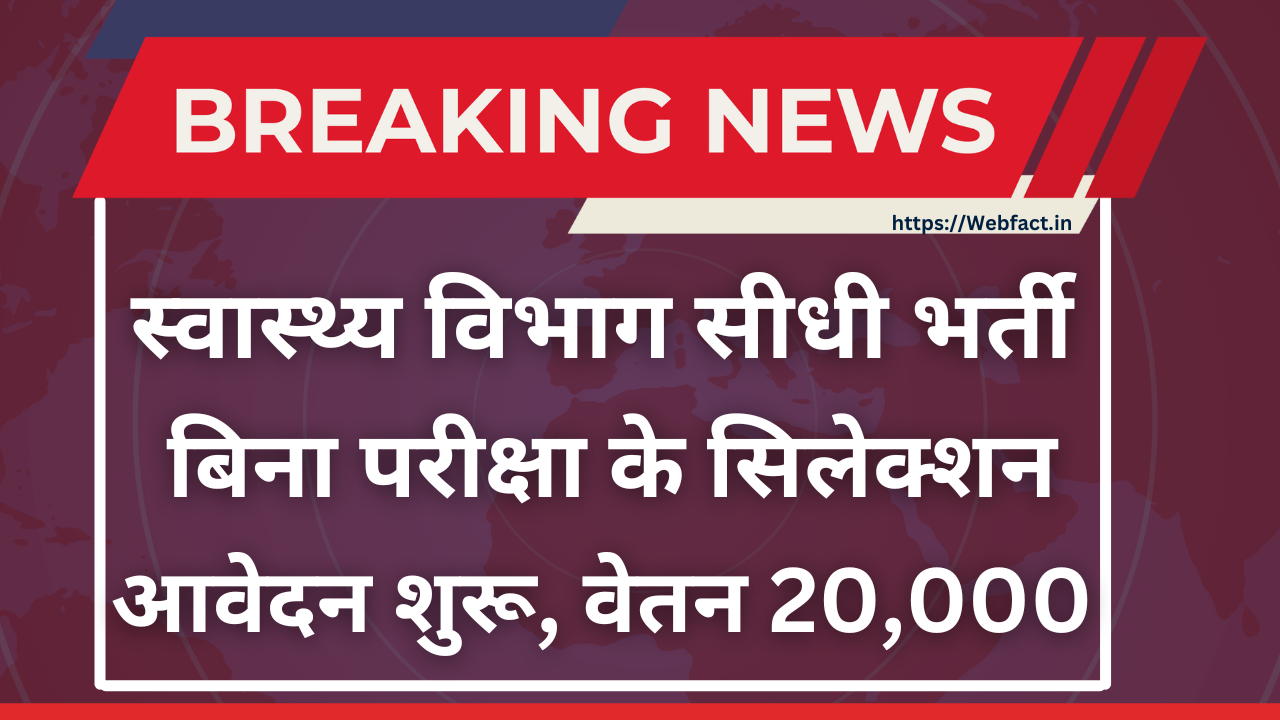Life Insurance: Protecting Your Loved Ones Even After You’re Gone
Life is full of uncertainties and you never know what lies ahead. One of the most important things in life is to ensure the financial security of your loved ones. In the event of your untimely death, it is important to make sure that your family members are taken care of and have enough financial resources to cover their daily expenses, pay off debts, and meet their long-term financial goals. This is where life insurance comes in.
What is Life Insurance?

Life insurance is a contract between you and an insurance company where you agree to pay regular premiums in exchange for a lump-sum payment to your beneficiaries in the event of your death. The lump-sum payment, known as the death benefit, can be used by your beneficiaries for any purpose they see fit, such as paying off debts, covering funeral expenses, or investing for the future.
Also Read : Explore The Top 5 Insurance Providers In The Market Today.
Types of Life Insurance:
There are two main types of life insurance: term life insurance and permanent life insurance.
1) Term Life Insurance :
Term life insurance is the most common type of life insurance. It provides coverage for a specific period of time, usually ranging from 1 to 30 years. If you die during the term of the policy, your beneficiaries will receive the death benefit. If you outlive the policy, the coverage will expire and you will not receive any money.
Term life insurance is a good option for those who want coverage for a specific period of time, such as the duration of a mortgage or until their children are grown and financially independent. It is also typically less expensive than permanent life insurance.
Also Read : What is Insurance: Meaning, Types and Benefits
2) Permanent Life Insurance :
Permanent life insurance provides coverage for your entire life, as long as you continue to pay the premiums. There are three main types of permanent life insurance: whole life insurance, universal life insurance, and variable life insurance.
A) Whole Life Insurance :
Whole life insurance provides a guaranteed death benefit and also includes a savings component known as cash value. The premiums are typically higher than term life insurance, but the policy builds cash value over time, which can be borrowed against or used to pay premiums.
Read Also : What Is Loans: Types, Benefits, and Risks
B) Universal Life Insurance :
Universal life insurance is similar to whole life insurance, but it offers more flexibility in terms of premiums and death benefits. You can adjust your premiums and death benefit as your needs change over time.
C) Variable Life Insurance :
Variable life insurance allows you to invest your premiums in a variety of investment options, such as stocks, bonds, and mutual funds. The cash value of the policy can fluctuate depending on the performance of the investments.
Benefits of Life Insurance :
1) Financial Security :
The primary benefit of life insurance is the financial security it provides to your beneficiaries in the event of your death. The death benefit can be used to pay off debts, cover funeral expenses, and provide ongoing financial support for your family members.
2) Peace of Mind :
Knowing that your loved ones will be taken care of in the event of your untimely death can provide peace of mind and reduce stress.
3) Tax Benefits :
Life insurance policies offer tax benefits in certain situations. The death benefit is typically not subject to income tax, and the cash value of permanent life insurance policies grows tax-deferred.
4) Estate Planning :
Life insurance can be an important part of estate planning. The death benefit can help to cover estate taxes or provide liquidity to pay off debts or distribute assets to heirs.
Conclusion :
Life insurance is an important financial tool that can provide peace of mind and financial security to your loved ones in the event of your untimely death. There are a variety of life insurance options available, each with their own benefits and drawbacks. It is important to carefully consider your needs and consult with a financial advisor to determine the best type and amount of coverage.



